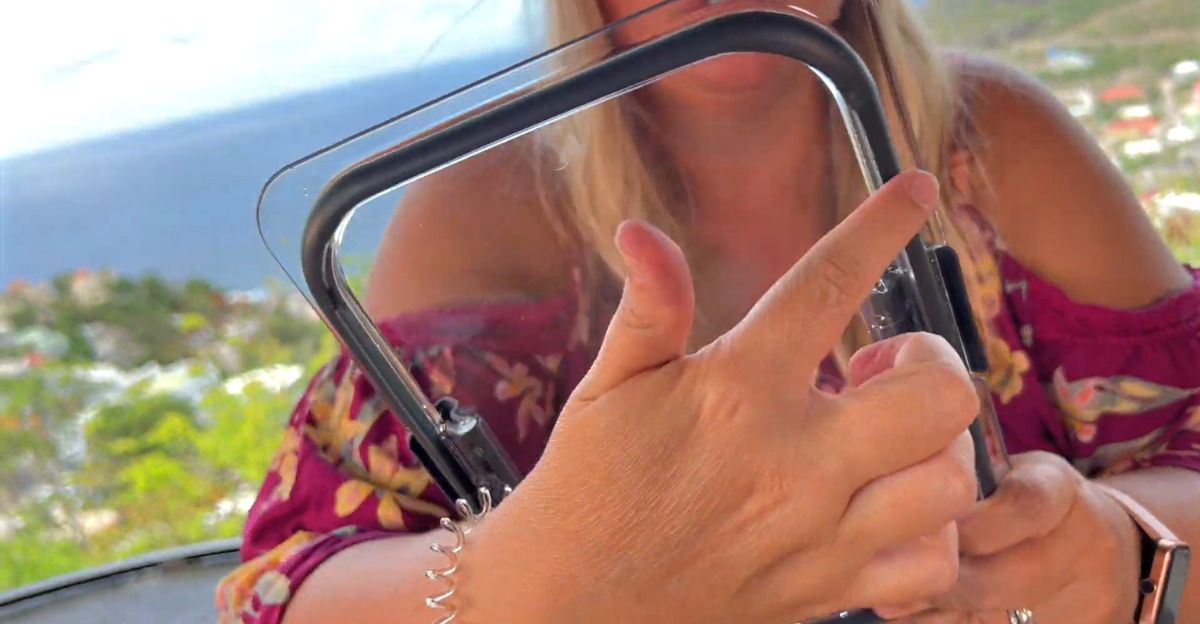
Rubbermaid containers are Americans’ go-to safe, reliable kitchen essentials for microwaving and freezing food. However, behind their convenience sits a concerning truth: these products can transfer toxic microplastics into your food.
Millions of consumers unknowingly ingest toxins daily, with susceptibility to health damage. The most recent class-action lawsuit brought against Newell Brands (the parent company of Rubbermaid) alleges that Newell Brands is facing accusations of knowingly misrepresenting the safety of their product, thereby exposing families across the country to harmful chemicals.
This story reminds us of the many brands we know and trust that put public health and safety at risk, profiting at our expense.
Microplastics: The Invisible Bogeyman in Your Food
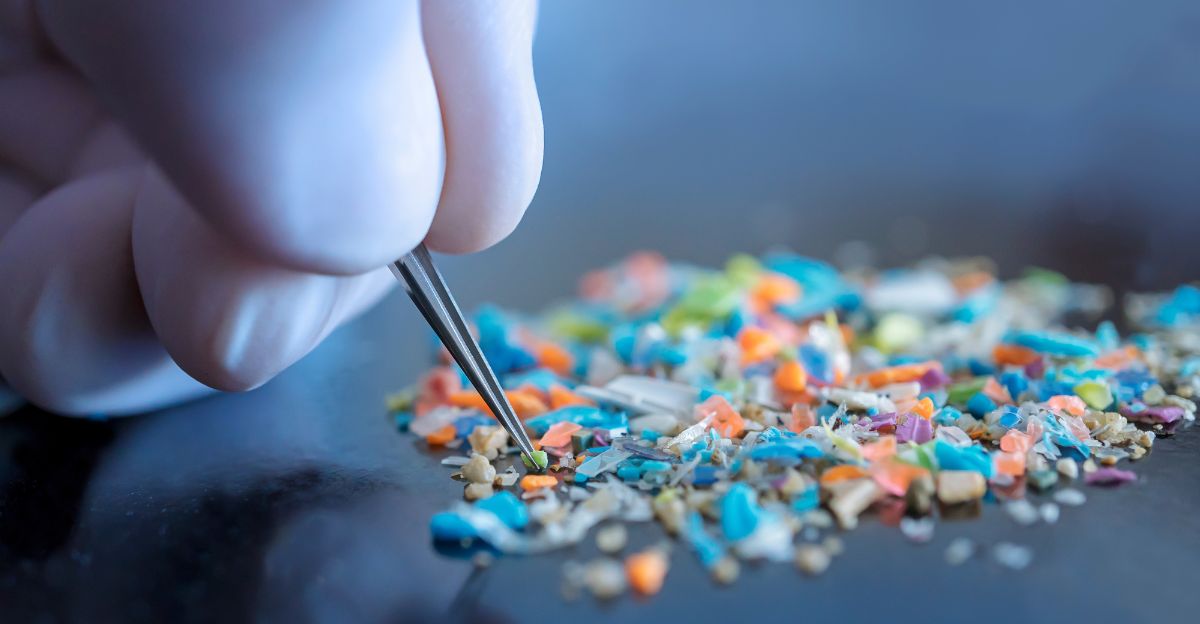
Tiny pieces of plastic smaller than 5mm have been easily allowed into the food chain. Research shows that when heated in a microwave warm enough, these plastic bonded materials, like Rubbermaid’s, these particles can become airborne and settle in your food, especially if heated in the microwave or freezer.
Once in your body, microplastics settle in the human body where they can damage essential health functions by harming the immune function, damaging the human digestive system, and increasing the risk of cancers.
They have the science and support from the Environmental Working Group. However, they continue to stamp their products as “microwave safe. This silent exposure is an epidemic of public health that few want to confront.
The Hidden Truth Behind Corporate Safety Claims and Toxic Risks

The case against Rubbermaid centers on allegations that Newell Brands directly misled the public by labeling containers as microwave and freezer-safe when evidence shows emission of microplastics raises a fundamental moral question: Do corporations have to prioritize profit over transparency and public health?
There are references to past events, such as DuPont preventing people from knowing about the carcinogenic nature of PFOA. There is compelling evidence of a horrifying pattern of corporate silence about toxic threats. The parallels are frightfully analogous.
How Toxic Exposure Affects Children’s Health and Cognitive Development
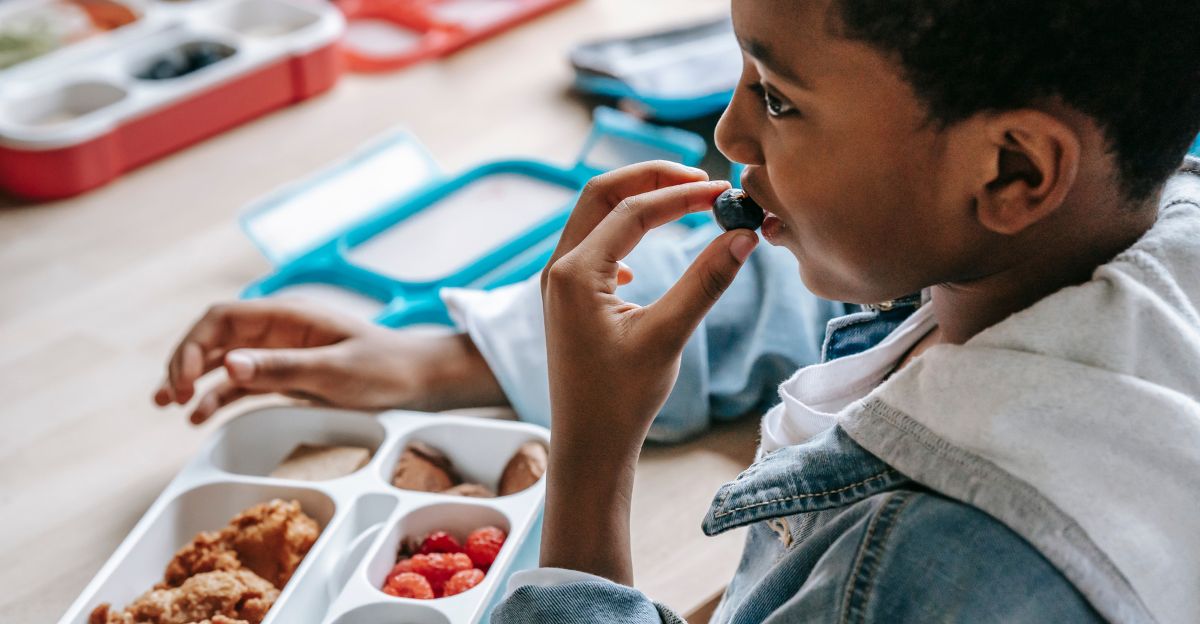
Toxics like microplastics and flame retardants selectively harm children’s health, resulting in mental disabilities and cognitive decline.
Studies at New York University put the number of American children losing IQ due to chemical exposure at over a million, representing a trillion-dollar economic burden for the country.
As Rubbermaid products are ubiquitous sources of school lunch and child care use, microplastic exposure is a significant concern for long-term developmental harm. The intersection of consumer goods and childhood well-being requires immediate regulatory action and concern.
The Systemic Alienation Of Microplastics Beyond The Kitchen
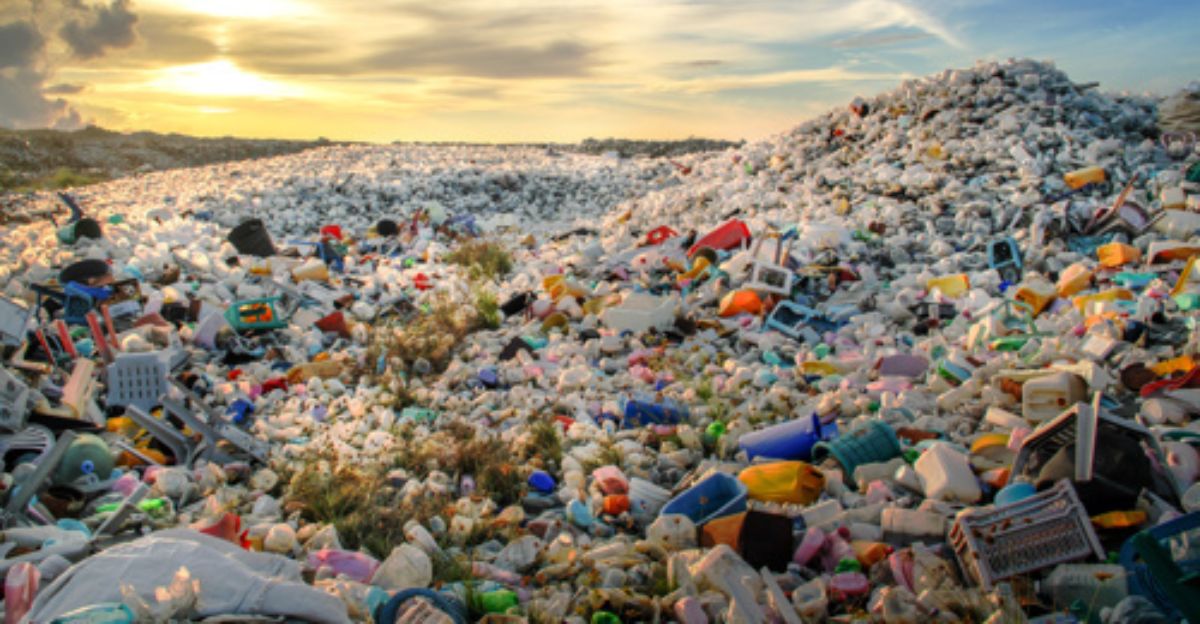
The harm caused by Rubbermaid containers pollution is beyond the wetlands; it is also harming people. To our dismay, we have a ubiquitous environmental pollutant now that microplastics have contaminated our water, soil, and air.
This type of pollution generates a pathway for toxins to enter our food chain at various levels while injuring wildlife and ecosystems. Plastic products that we have in our homes and industry have made the situation worse.
Rubbermaid’s alleged negligence is a classic example of a global disaster borne of the environmental pollution of plastics. Correcting this issue requires systemic change, not just product recalls.
Plastic Industry Defense and Its Limitations
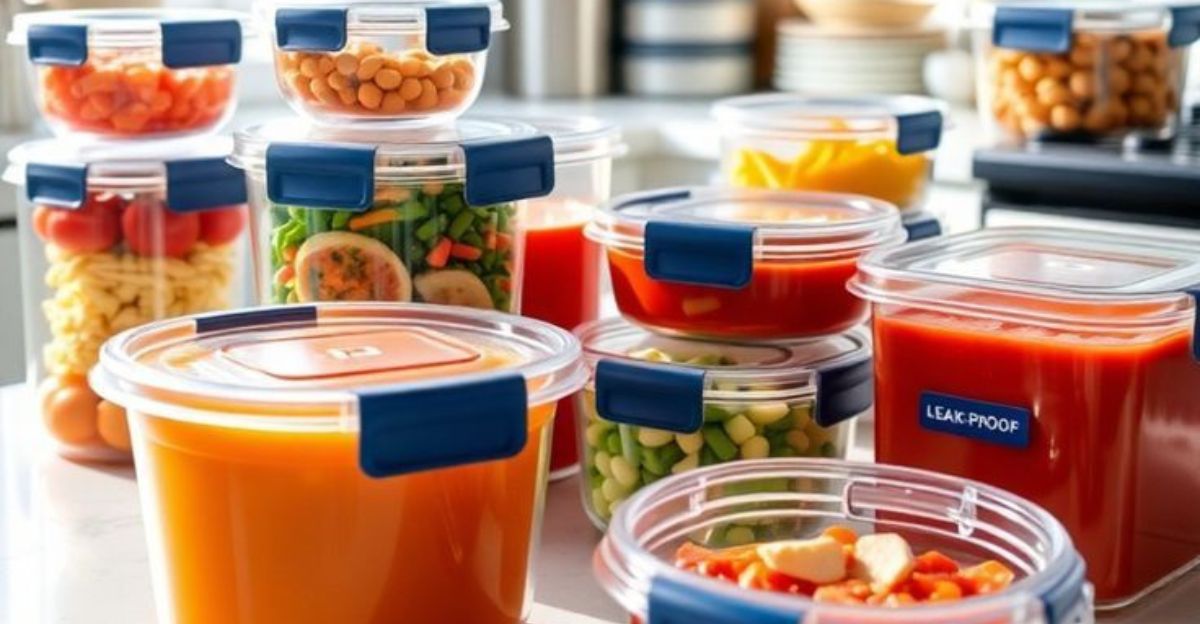
The plastics industry defends products like Rubbermaid’s because of plastic’s superior protection and effectiveness. Industrialists argue that plastics preserve food from disposal and keep us safe. However, this perspective ignores mounting scientific confirmation of microplastic toxicity and environmental persistence.
The conflict between industrial benefit and health risk is typical of a broader issue with modern consumerism: convenience vs. safety. The Rubbermaid example demands that industry spin challenges and calls for responsibility beyond advertising claims.
What Ethylene Oxide and PFAS Lawsuits Can Teach Us

Rubbermaid’s lawsuit follows several necessary high-profile lawsuits related to toxic exposure cases of poisonous air releases of ethylene oxide (EtO) and toxic-vat PFAS or “forever chemicals” that have existed for a long time.
While they didn’t go unnoticed, the source of corporate perpetrators’ hidden health risks over the years has led to historic settlements and regulatory changes. For example, Sterigenics is sued for creating cancer clusters with EtO emissions, and DuPont pays a fine for hiding PFOA dangers.
These precedents show the financial and legal impact on Newell Brands if it is found guilty and the cost of delayed justice to society.
The Psychological Toll Of Shattered Consumer Trust

Aside from impacting physical health, the Rubbermaid incident impacts consumer trust. Consumer trust is an essential psychological factor in brand loyalty. By subjecting home brands people trust to public scrutiny regarding health risks, it is a certainty that creates fear, mistrust, and anxiety in millions of consumers.
This antitrust could result in consumer pushback, altered purchasing behaviour, and responses for openness and transparency. It is an example of how a corporate blunder in safely handling a product could create long-term reputational and economic effects that shift consumer-brand attachments.
A Call For New Safe Food Storage Products
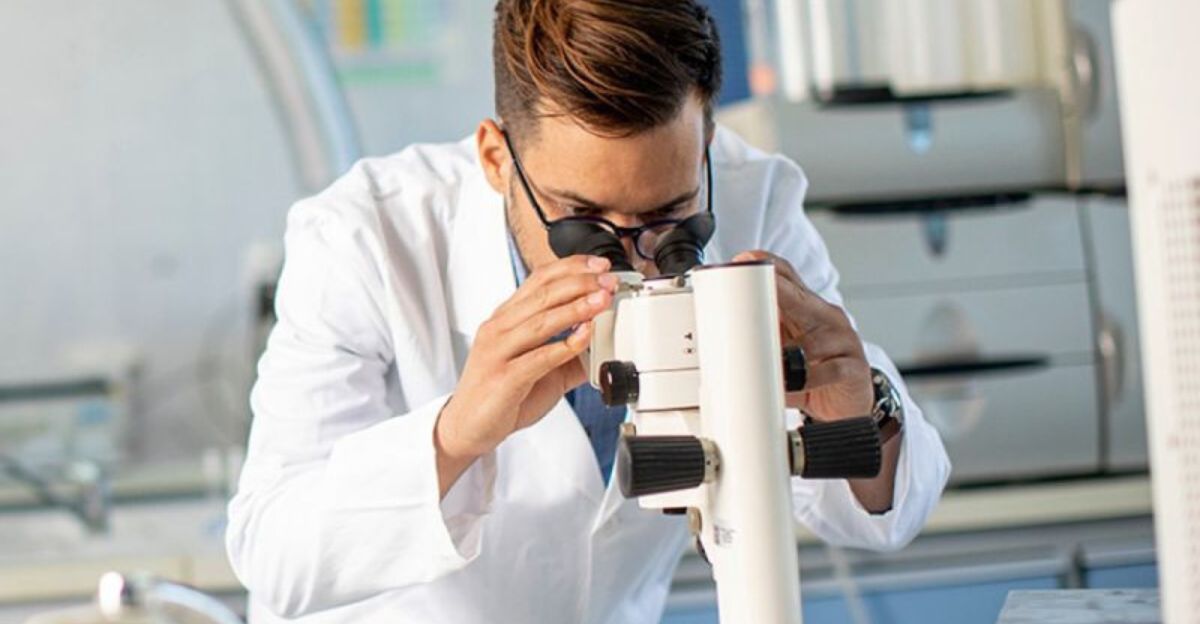
The Rubbermaid lawsuit should call for action from those involved in producing and distributing safe food storage solutions. New materials science opens the door to alternatives to conventional plastics, such as biodegradable polymers and glass composites that emit no toxic materials.
Transparent businesses that use safer technologies can turn this crisis into a leadership opportunity. Consumer purchasing, which increasingly has health and environmental values, is changing, along with Rubbermaid’s and others’ future.
The Way Forward: Consumer Protection and Corporate Accountability

Rubbermaid’s alleged poisoning of millions of individuals with deadly microplastics is a clarion call on the hidden costs of convenience and corporate secrecy.
The case illustrates the value of needing more regulations, product labeling, and innovation focused on the future related to consumer products and their rippling effects on individual health, global sustainability, and public trust.
This case will define how companies consider profits about the public good. Ultimately, consumers must demand accountability and safer choices, using this scandal to drive institutional reform.
Discover more trending stories and Follow us to keep inspiration flowing to your feed!

Craving more home and lifestyle inspiration? Hit Follow to keep the creativity flowing, and let us know your thoughts in the comments below!
